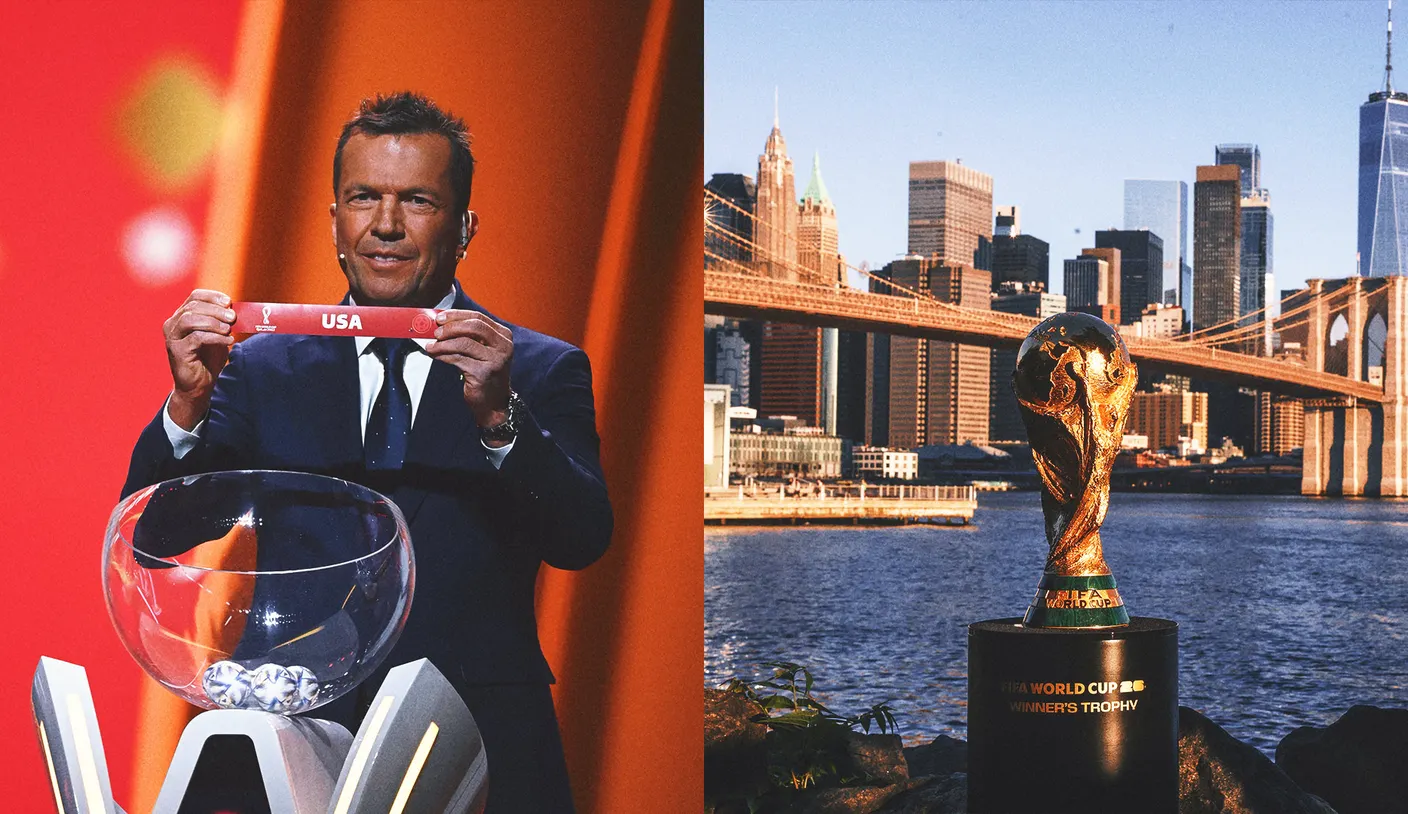Your nation has secured a spot in the 2026 World Cup, and the anticipation of watching it compete against top players is thrilling. One key question arises: how does each team prepare for its opponents?
The biggest sporting event in history is set to occur next summer, spanning from June 11 to July 19, 2026.
Following the qualification of teams, the next step will be organizing the 48 entries into 12 groups of four. From here, the teams will strive toward the finals and the knockout rounds.
Let’s delve into the details of how the selection process, or ‘lottery,’ works.
When and Where Will the Lottery Occur?
The lottery will take place at the John F. Kennedy Center for the Performing Arts in Washington, D.C., on December 5 at 12:00 PM ET/9:00 AM PT. Fans can watch the event live on FOX as well as stream it on FOX One, FOXSports.com, and the FOX Sports app.
Understanding the Pots and Grouping
The 48 teams competing will be categorized into “pots” based on factors like FIFA rankings and regional qualifications. Before the lottery, 42 teams will be confirmed, with the final six to be revealed by March 2026.
Teams are ranked by FIFA, with 12 teams assigned to each of the four pots. Each group will consist of one team from every pot. Notably, the three host nations (Canada, Mexico, and the United States) are already assigned specific groups, ensuring matches occur in their territories.
With the exception of UEFA teams, nations from the same qualifying regions cannot be grouped together—meaning we won’t have two South American teams in a single group, although it’s possible for two UEFA teams.
Pot 1 will consist of the three host nations and the top nine teams according to FIFA rankings to be issued on November 19. Currently, notable teams in this category include Spain, Argentina, France, England, Portugal, Netherlands, Brazil, and Belgium. Italy will require a playoff in March to qualify, which means Germany is likely to take its spot in Pot 1.
Pots 2, 3, and 4 will contain the remaining teams categorized based on their FIFA rankings, with 12 teams in each pot. Pot 4 will also include six placeholders for teams that qualify through playoffs in March.
How Does the Lottery Work?
In the draw, each team’s name is written on paper and placed in bowls corresponding to the four pots. A celebrity or soccer legend will randomly select a ball from each pot and announce the country’s name, allowing a computer to assign the teams to their respective groups based on geographical regulations.
This process will inform all teams of their opponents, match schedules, venues, and stadiums.
Status of Co-hosts
The three co-host nations have already been placed in their groups, although their opponents are yet to be determined. This arrangement was made to facilitate matches hosted in their respective countries. For the U.S., matches are scheduled for June 12 (Los Angeles), June 19 (Seattle), and June 25 (Los Angeles). For Canada, games will be on June 12 (Toronto), June 18 and 24 (Vancouver), and for Mexico on June 11 (Mexico City), June 18 (Guadalajara), and June 24 (Mexico City).
What About the Playoffs?
Six teams will engage in an intercontinental playoff tournament, excluding European teams, in March 2026 at neutral venues in Mexico.
The UEFA will organize its own playoff to qualify the last four teams from Europe.
Twelve European teams will be secured through their qualifying groups, with four more spots available to teams based on their Nations League standings, competing in a mini-tournament.
World Cup Schedule
Group stages will run from June 11 to 27, followed by the knockout rounds from June 28 to July 19.
Qualified Teams by Region
- Asia: Teams from Australia, Japan, Iran, among others, are confirmed with some making their debut.
- Africa: Nine teams, including Algeria and Egypt, have qualified; other nations have their cases pending.
- Europe: Twelve teams will represent UEFA, including heavyweights like France and Spain.
- North, Central America, and the Caribbean: Teams include co-hosts Canada, Mexico, and the U.S.
- South America: Argentina, Brazil, and others are set to compete.
- Oceania: New Zealand is the sole representative from the region.
Overall, securing a spot in the World Cup is a monumental achievement for any country, making this event significant for fans worldwide.
Fan Take: The 2026 World Cup represents a pivotal moment for soccer, showcasing the sport’s growth and global reach. For fans, this tournament not only highlights established rivalries but also creates new narratives that could shape the future of international soccer.



